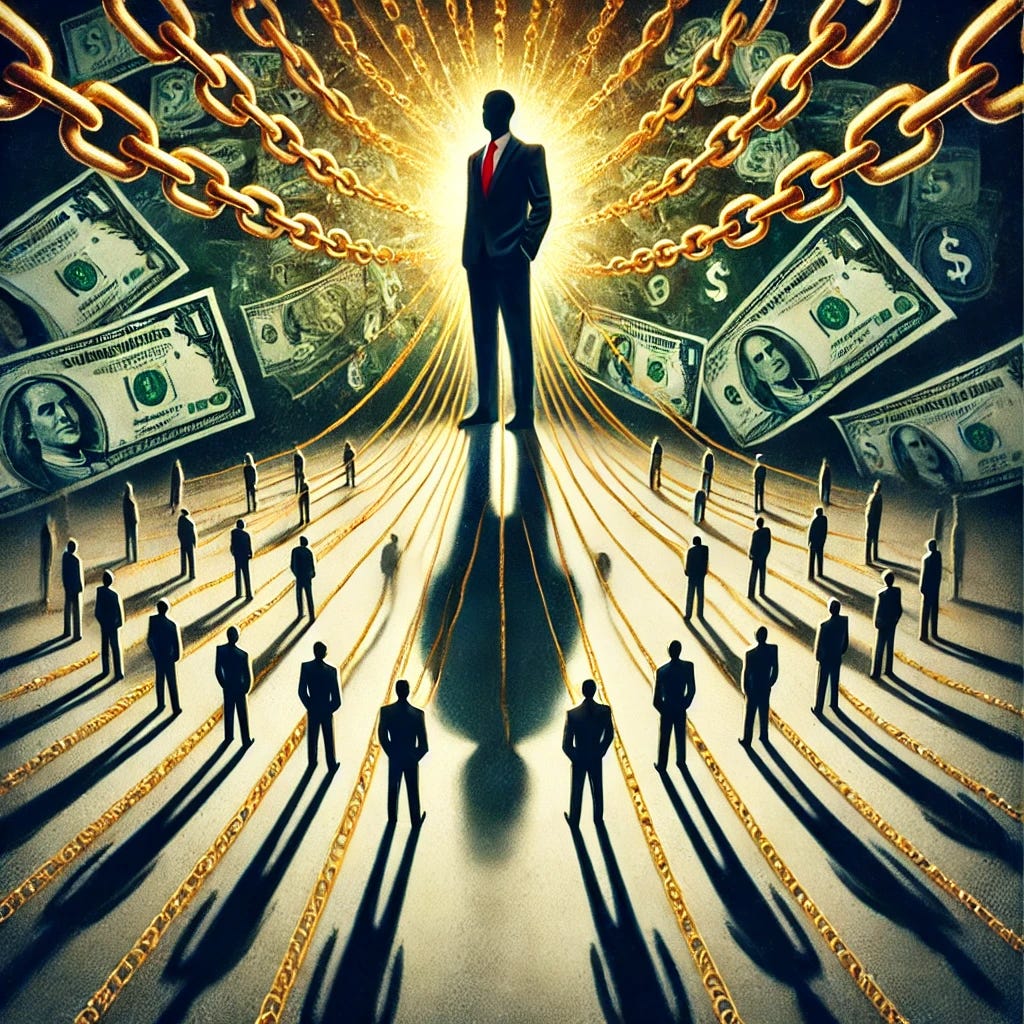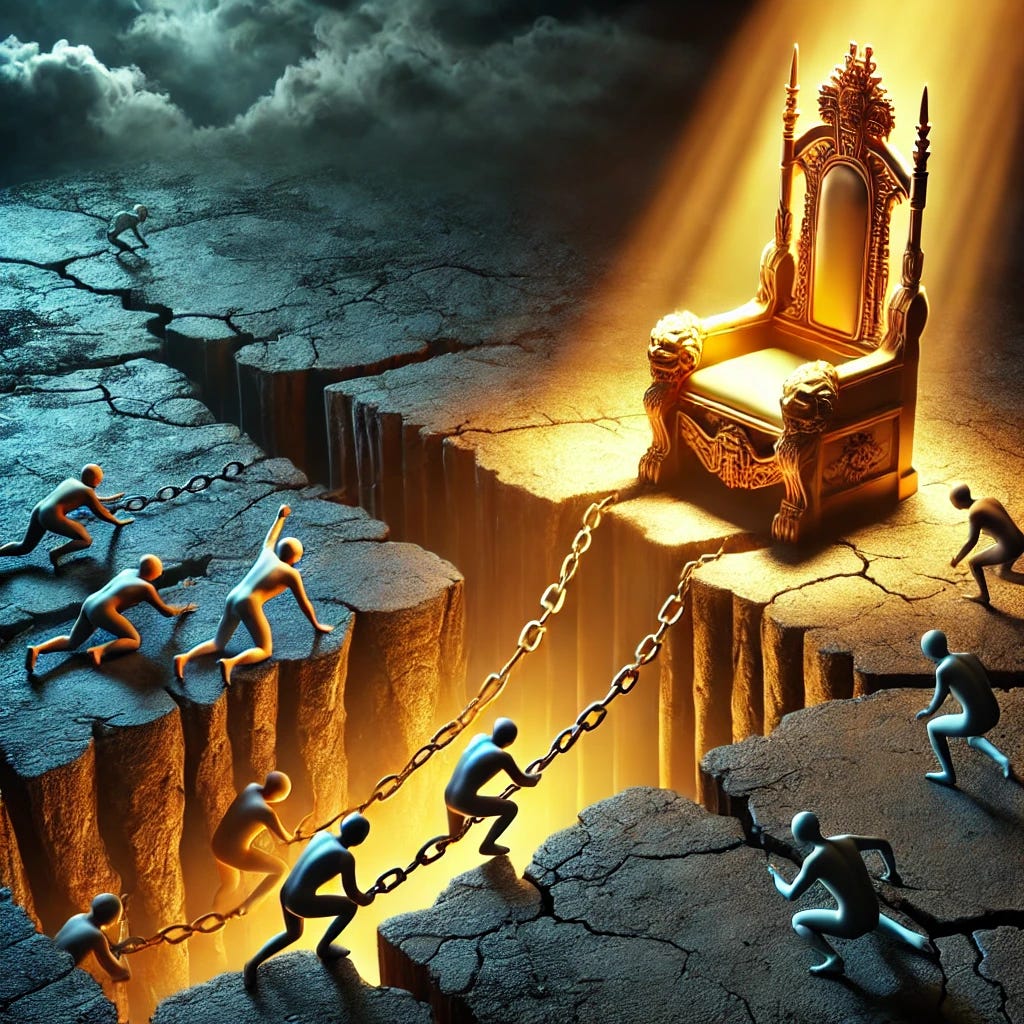We have all heard the saying, “power corrupts,” and many of us have encountered the counterargument: power doesn’t corrupt but rather reveals a person’s true character.
Amid the global drama of 2024 involving powerful figures such as CEOs and moguls like Brian Thompson, P. Diddy, Jay-Z, and politicians like Benjamin Netanyahu and Vladimir Putin, I found it necessary to reevaluate and consider the statement, “power corrupts.”
I believe power is an autonomous entity within our society.
In modern societal systems, power is held by individuals but simultaneously functions independently, adhering to a multitude of societal organs that shape and determine its nature.
By observing the autonomous nature of power, we can analyze how it influences those who possess it and whether power itself corrupts individuals.
Power, in its autonomous state, often presents obstacles or demands to those who seek or hold it.
In modern society, many of the requirements to attain power include financial success and favorable public perception, either within specific networks or among a broader audience.
Power evolves to fit its environment, and if that environment lacks virtue, morality, or ethics, power will not require such qualities from those who acquire it.
This observation reveals that individuals in high positions within modern power structures may never have been required to display virtue, especially as long as they continue to provide value.
Take P. Diddy as an example. In the late ‘80s, he began as a party planner when hip-hop was still viewed as rebellious and associated with criminality by the mainstream. Through Bad Boy Records, he helped usher in the “shiny” era of hip-hop, transitioning the genre from outlaw music to a more mainstream, pop-oriented sound.
As hip-hop gained popularity, P. Diddy became a powerful figure in the music industry—an industry historically exploitative in nature. Unfortunately, P. Diddy’s reign over Bad Boy Records did little to challenge these exploitative norms.
Instead, he seemingly thrived within them, as the industry itself didn’t demand change from its powerful figures.
This dynamic raises important questions.
Was the music industry already corrupted before P. Diddy’s rise to power, or did power itself corrupt him?
To answer this, one would need to distinguish how much of his behavior was necessary to gain and maintain power versus how much was purely indulgent and voluntary.
Moreover, the fact that the industry’s power structures tolerated his actions for so long underscores how deeply embedded these issues are.
Whether power changed a neutral man or simply amplified a complacent one is a question perhaps best left to the courts.
🐧







